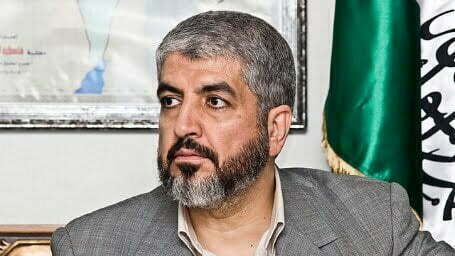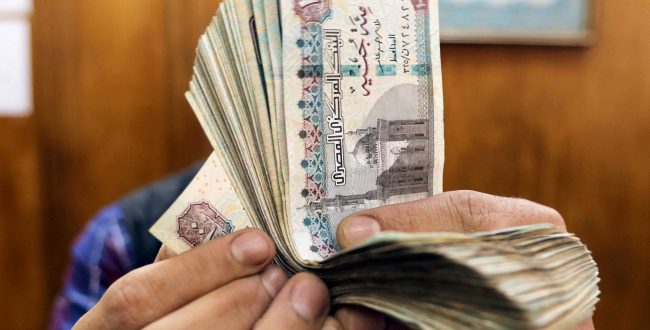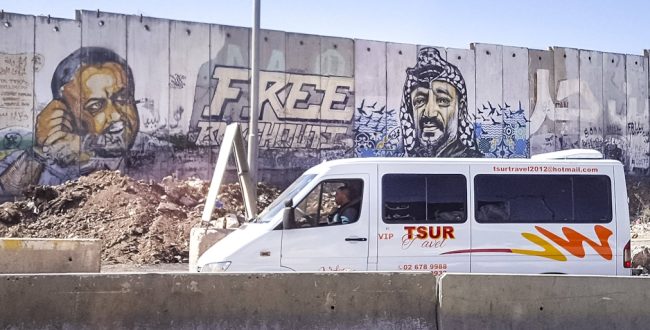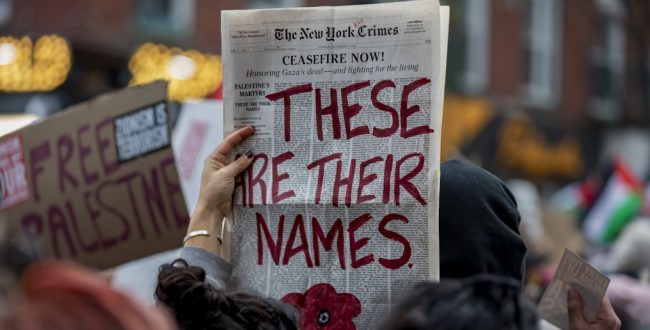Diplomatic negotiations rely on secrecy: the parties must be free to negotiate without the shackles of emotional and political pressure from home. The Oslo Accords succeeded in large part because the talks were held in secret, while the 2000 Camp David summit failed not only but also because the Israelis and Palestinians had their hands tied by their respective domestic oppositions.
Last May, at a social function in Amman, President of the Palestinian Authority (PA) Mahmoud Abbas revealed that Hamas and Israel had entered into secret talks over releasing “an Israeli soldier of Ethiopian origin”, which had developed into broader diplomatic negotiations. The disclosure was highly embarrassing for the leaders of Hamas’ military and political wings. They accused Abbas of smearing the movement by presenting it as willing to give up on a state spanning all of Palestine and make do with a state in Gaza and parts of the Sinai Peninsula.
A month and a half later, on July 9, Hamas hinted that it was holding two Israelis captive along with the body of soldier Shaul Oron. Khaled Meshaal, head of the movement’s political wing, denied negotiating a diplomatic agreement or long-term hudna(temporary truce) with Israel. He confirmed that Hamas had refused an Israeli request conveyed by a European mediator to release two soldiers and two bodies, as long as Israel was holding the prisoners released in the Shalit deal. However, Meshaal did not rule out future talks with Fatah and Israel. “We do not want war with Israel, but we are prepared for any war that will be forced upon us,” he stressed. “If you cannot or will not go to war, you cannot make peace […]. As Palestinians, as a national commander, as an Arab, as a Palestinian, and as a free person, I want to put an end to the tragedy of Gaza after years of siege and collective punishment […]. Hamas cannot end Fatah and Fatah cannot end Hamas.”
That day, Hamas’ military wing held a show of force, displaying a tank topped by a model fist holding three military identification tags (dog tags). One tag bore the name of deceased soldier Shaul Oron, while the other two bore question marks. Along with the display, Hamas announced that the struggle, and especially the issue of prisoners being held in Israel, was not over and that the movement would force the enemy to accept terms it had previously refused. The statement ended with a Quranic verse (verse 21 in Surat Yusuf): “Allah has full power and control over His Affairs, but most men know not.” Two days later, Palestinian journalist Mustafa a-Sawaf referred to surprising new information held by the Izz a-Din al-Qassam Brigades, which would play an important role in signing a deal with Israel including a truce, an end to the siege, a seaport, and release of prisoners.
Several conclusions can be drawn from these developments. First, Hamas’ political leaders are aware of the drop in support for the movement due to the growing intra-Palestinian rift, increasing disagreements with the military wing, and the delayed rehabilitation of Gaza’s economy. They prefer to talk with Israel in secret, as it releases them from these pressures at home. The secret channel also frees the Israeli government from right-wing objection to releasing prisoners and to agreeing over a long-termhudna with Hamas. In other words, Hamas’ political leadership needs the PA and the Israeli leadership more than ever, as a lifeline to counter challenges posed by the movement’s own military wing and by rebel Salafiya Jihadiya forces.
Second, Hamas’ military wing is playing up its negotiation hand against Israel, emphasizing the “captives for prisoners” equation and its ability to force the enemy into accepting military or diplomatic deals it had previously refused. This is driven by the need to maintain prestige, or even survive, against competition from armed militias in Gaza.
Third, the question marks on the two tags and the allusion to a Quranic verse depicting the story of Joseph (Yusuf) being thrown into the pit by his brothers, sold to traders, and rising to glory in Egypt invite various interpretations. Perhaps Hamas militants sold the two Israeli citizens who disappeared in Gaza to Jihadist organizations in Sinai, and their traces have since been lost. Another reading could be that Hamas is protesting Abbas’ envy, manifested in his willingness to “sell” the movement in order to prevent it from receiving Jacob’s paternal love, here symbolizing the international, Arab, and Israeli legitimacy that would make Hamas the “favorite son” and an independent actor in a future diplomatic agreement.
Fourth, the Hamas-Fatah split and Israel’s exploitation of it will continue to prevent both overt and secret progress towards an Israeli-Palestinian agreement. Fatah and Hamas will not allow each other to achieve independent political gains. If Israel wants to promote a comprehensive and stable diplomatic solution, it will have to negotiate with both movements. Otherwise, it will have to pay an even higher diplomatic and military price in future.
Translator: Michelle Bubis

















